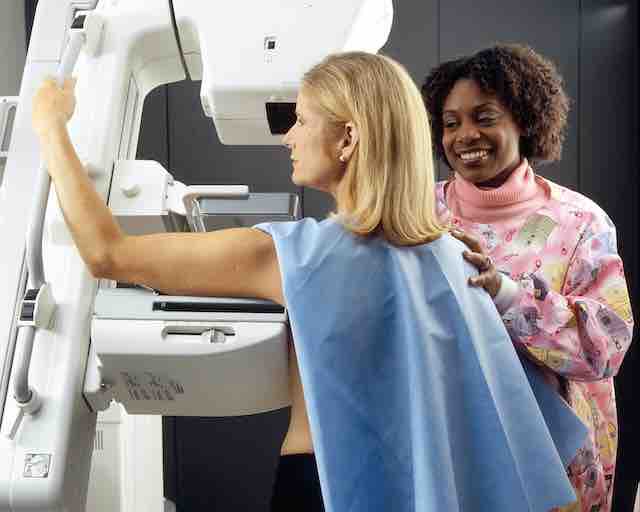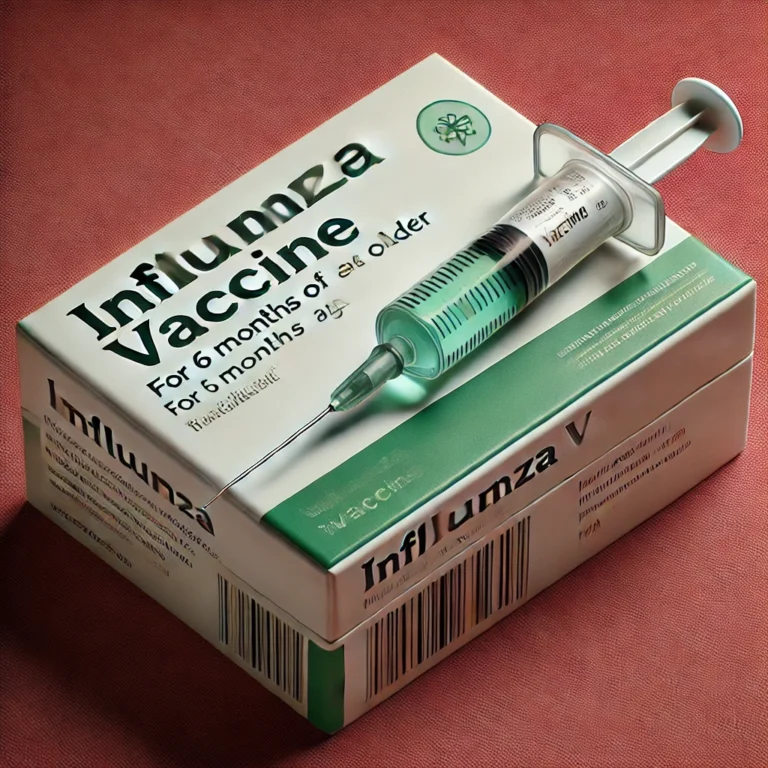Breast cancer is a leading cause of cancer-related deaths worldwide, and early detection is key to improving survival rates. The latest expert recommendations now suggest that women should start undergoing breast cancer screening at age 40, a full 10 years earlier than previous advice. In this article, we’ll explore the reasons behind this change and discuss the benefits of earlier screening.
The Shift in Recommendations
Until recently, the standard advice was for women to begin breast cancer screening at age 50. However, a group of experts has now revised this recommendation, advocating for screening to commence at age 40. This change has been driven by new research and statistical analyses that reveal earlier screenings can lead to better outcomes for patients.
Benefits of Earlier Screening
By starting breast cancer screening at 40, doctors can identify the disease at an earlier stage, improving the chances of successful treatment. Early detection can significantly increase the five-year survival rate, which is over 90% for women diagnosed with stage 0 or stage 1 breast cancer.
In addition to increasing survival rates, earlier screenings can also:
Reduce the need for aggressive treatments: When breast cancer is detected early, patients may avoid more invasive treatments such as mastectomies or chemotherapy.
Detect aggressive cancers: Some aggressive breast cancers can develop rapidly and spread quickly. Starting screenings at age 40 can help catch these aggressive cancers before they progress to later stages.
Personalize screening schedules: Women with a higher risk of developing breast cancer can benefit from more frequent screenings and personalized screening schedules, which can be better tailored with earlier screenings.
Addressing Concerns About Earlier Screening
Critics of earlier breast cancer screening have raised concerns about the potential for false positives, overdiagnosis, and unnecessary treatments. However, advancements in mammography technology and diagnostic techniques have significantly reduced these risks.
Moreover, the benefits of early detection far outweigh the drawbacks. By starting breast cancer screening at age 40, women can take a proactive approach to their health and improve their chances of successful treatment.
Final Thoughts
The latest expert recommendations underscore the importance of breast cancer screening and early detection in improving outcomes for patients. Women should consult with their healthcare providers to discuss the best screening approach based on their individual risk factors and medical history. By staying informed and proactive, women can play a crucial role in protecting their own health and well-being.












